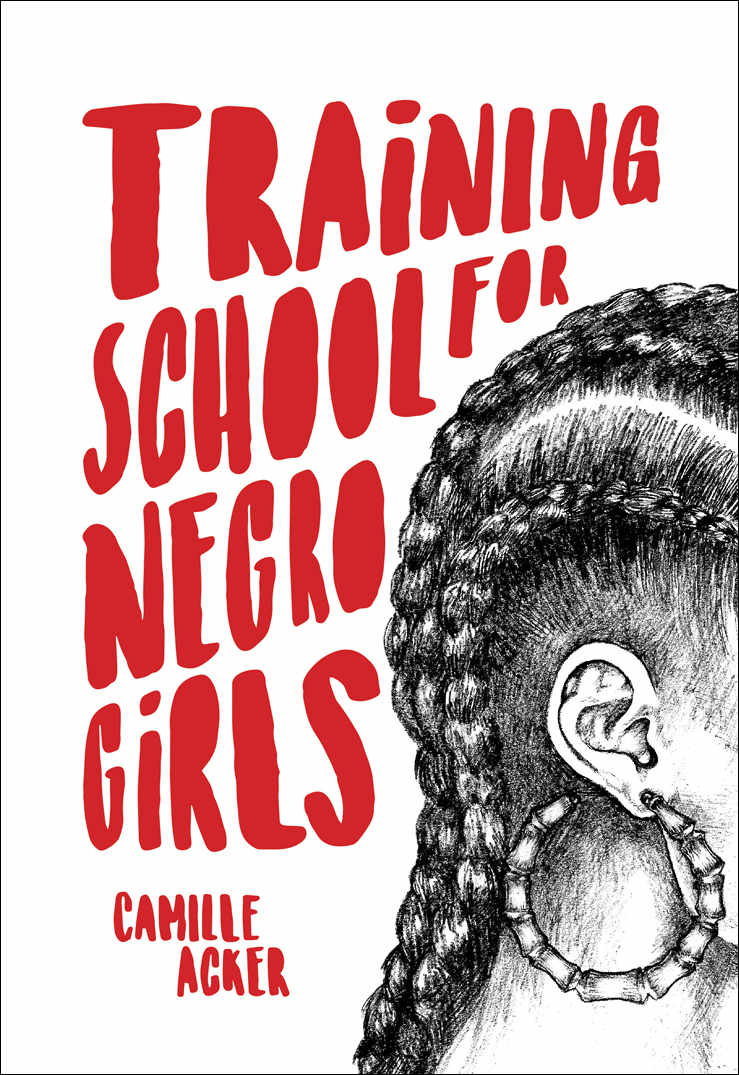
Training School for Negro Girls
کتاب های مرتبط
- اطلاعات
- نقد و بررسی
- دیدگاه کاربران
نقد و بررسی

August 1, 2018
In her debut collection, Acker pays tribute to Washington, D.C.--the Chocolate City--and the changes it went through during the last years of the 20th century.The 11 stories, each centered on the life of a black woman, depict D.C. life beyond the monuments and government antics outsiders normally associate with the city. In fact, the tourist D.C. is barely background scenery in Acker's milieu, which manages to go more local without alienating readers who are unfamiliar with life inside the Beltway. For instance, in "Mambo Sauce," a sample of that local condiment becomes the catalyst for Constance, who's just moved to D.C. from Brooklyn, to try to stave off gentrification in her new neighborhood--and the reason she begins to reconsider her interracial relationship. And in "Strong Men," a high school graduation becomes the occasion for a D.C. crab bake. Acker is strongest when she's excavating the interiority of her characters. This is especially true in "Cicada," which chronicles a young girl's experience as she participates in her first piano competition, and "Now, This," in which Acker astutely describes the inner thoughts of Rae, a premenopausal woman who has to care for her ailing mother while coming to terms with the reality of her own aging body. Yet the collection is uneven. Sometimes the ancillary figures are more interesting than the main characters; in "Strong Men," the protagonist is 13-year-old Bit, but her older brother, Ronnie, whose alleged drug dealing, obsession with local basketball legend Len Bias, and desire to see the world puts him at odds with their father and jeopardizes his enrollment at Howard University, is quite a bit more interesting than Bit, who has trouble with boys and best friends. Acker's exploration of the inner workings of Washington's black middle class in the title story comes off as heavy-handed, resulting in exaggerated characters that might have been better suited for satire. Nonetheless, the collection ends on a tender and memorable note in "You Can Leave, but It's Going to Cost You," as a father and daughter cruise the city to the accompaniment of the music of its native son Marvin Gaye.Acker shows that the lives of black girls and women are vast and varied, pushing back on the monolithic ways they are often portrayed while giving readers everything but go-go music in a generally lovely ode to D.C. life.
COPYRIGHT(2018) Kirkus Reviews, ALL RIGHTS RESERVED.

August 13, 2018
This sharp and sensitive collection, Acker’s debut, traces the lives of black women and girls in Washington, D.C., across different neighborhoods, socioeconomic statuses, and decades. In “Cicada,” young Ellery impresses the crowd and emerges victorious at her piano recital, only to be brought back down to reality afterward, noticing the differences between her family and those of the players around her. “All the Things You’ll Never Do” follows a power-obsessed TSA agent—who has never been on an airplane—from her work shift to the bar, where she attempts to feel superior to everyone around her. The heartrending “Now, This” chronicles the daily drudgery of Rae, nearing menopause and haunted by failed relationships, as she decides whether or not to lower her standards for a new romantic possibility. Acker’s eye for simple details illuminates: A young girl notices how “ always knew how much things cost without looking at price tags,” and a game of double Dutch threatens a teacher as she watches—“The ropes would savage you. It was hard to see the escape route and how to land unscathed.” Grappling with ideas like gentrification and social-climbing through the fine-tuned eyes of her characters, Acker never oversimplifies or neatens the complexities that make up life.

October 1, 2018
Acker brings keen observation of black culture, the lives of black women, and the city of Washington, D.C., to her first short story collection. The first section offers stories of young black girls navigating childhood; the second progresses easily into tales of women from youth into middle-age, with the total presenting a tableau of the lives of black women set against the backdrop of the African American social culture of the nation's capital. Among the depictions: a serious young girl stepping out beyond her neighborhood in a piano competition; a teenager who wonders if she is seeing in her beloved brother, like so many others, the tremor of their own defeat. The women navigate social mores, gentrification, and their own insecurities: a teacher who grew up in D.C.'s Southeast neighborhood struggles with her own biases; an adult daughter and her father ride around at night, covering the streets of the city with music and memories as they discover the things they have in common, including infidelity. Beautifully rendered characters struggle to find a sense of themselves in their complex lives.(Reprinted with permission of Booklist, copyright 2018, American Library Association.)

























دیدگاه کاربران